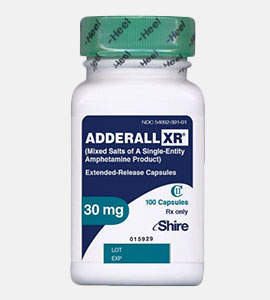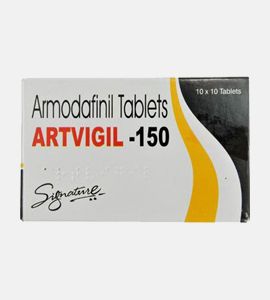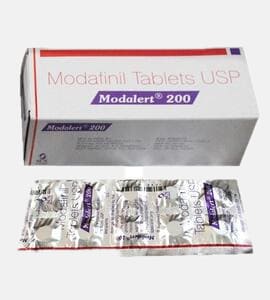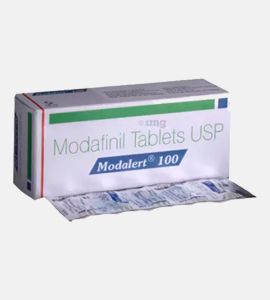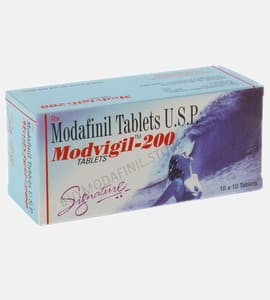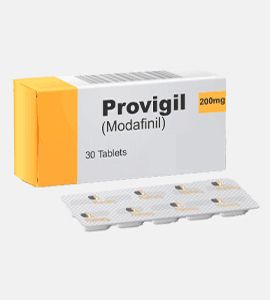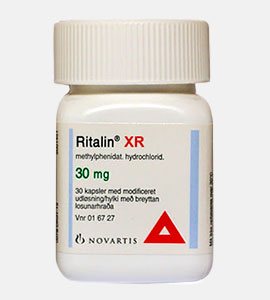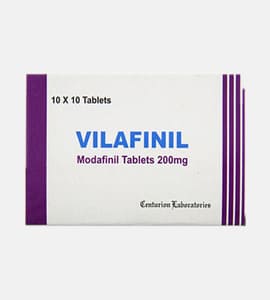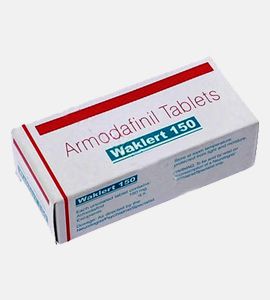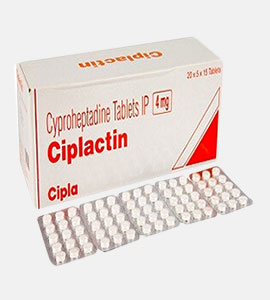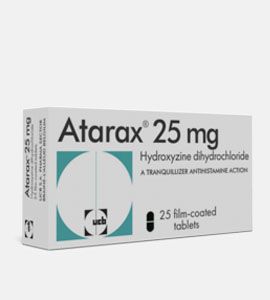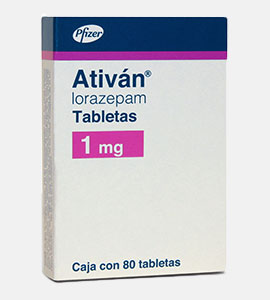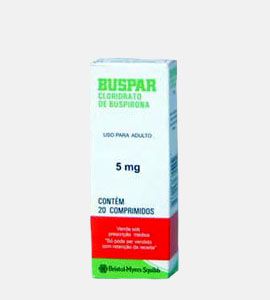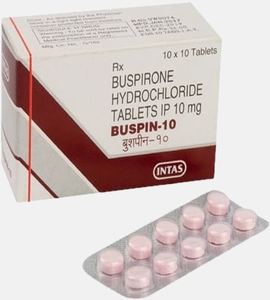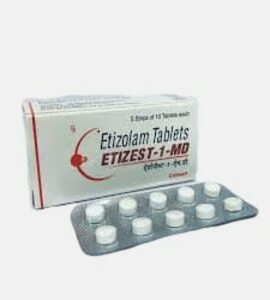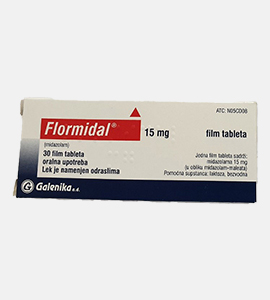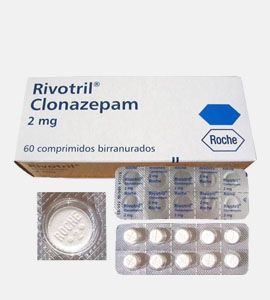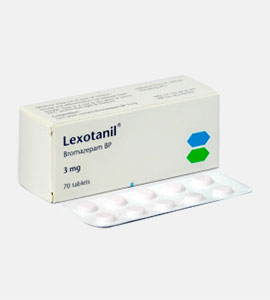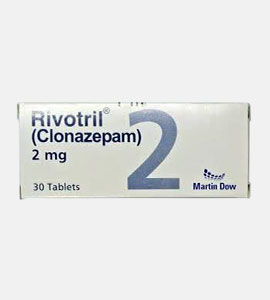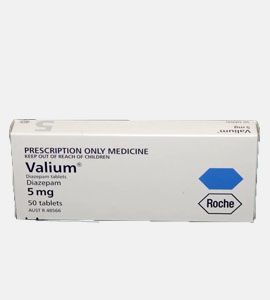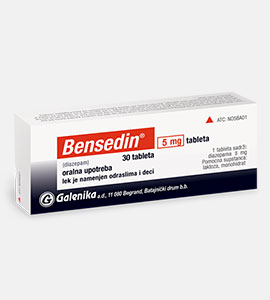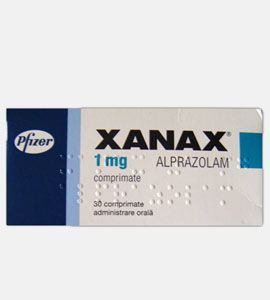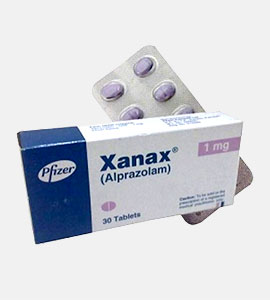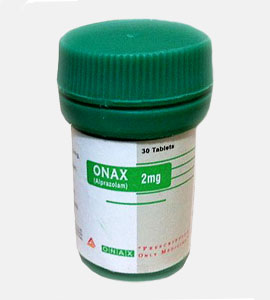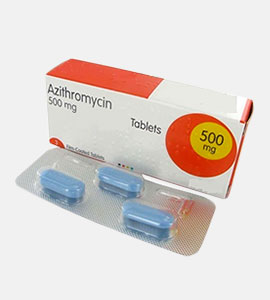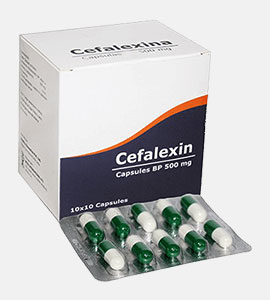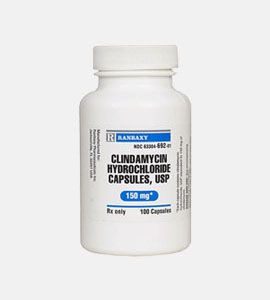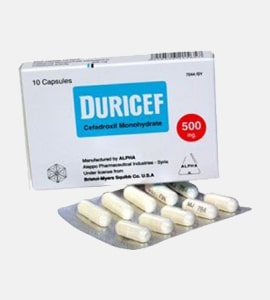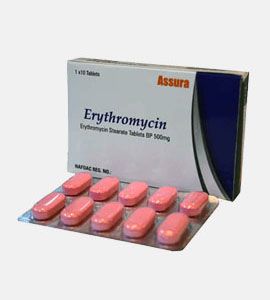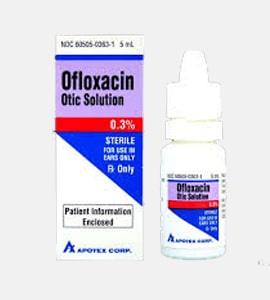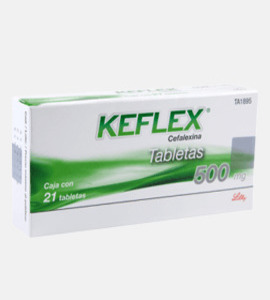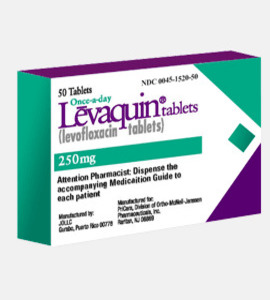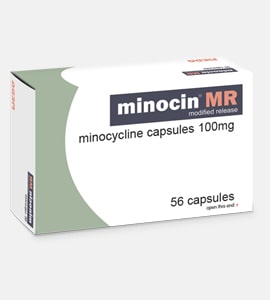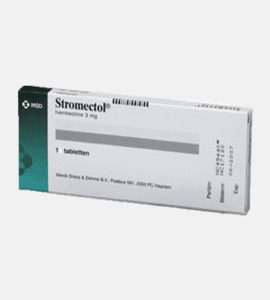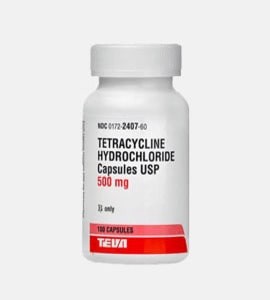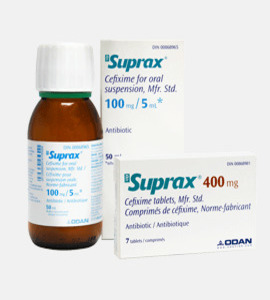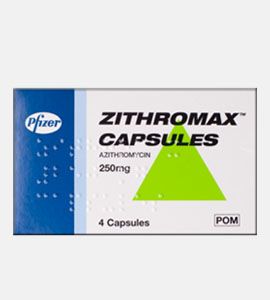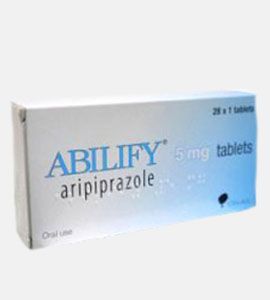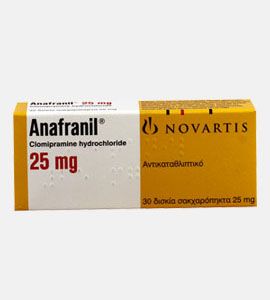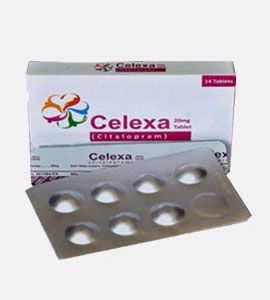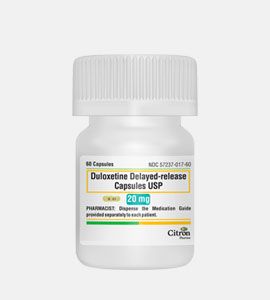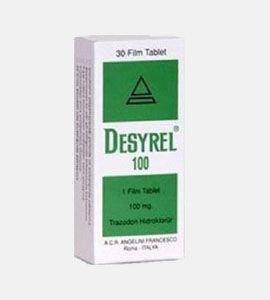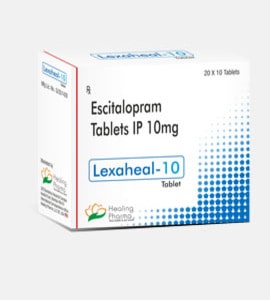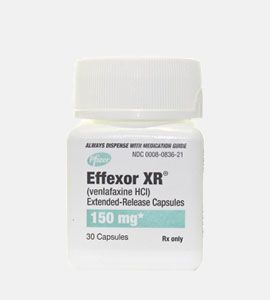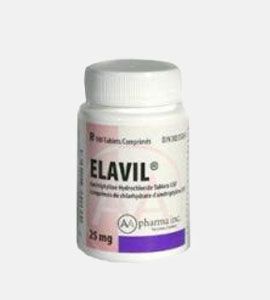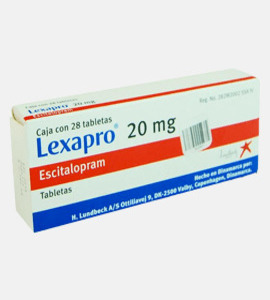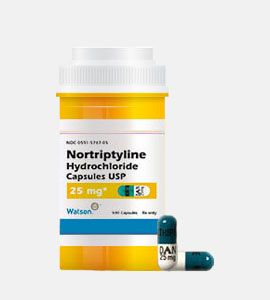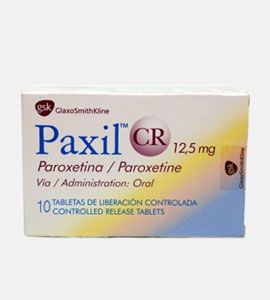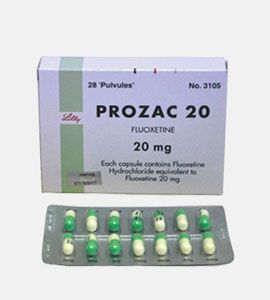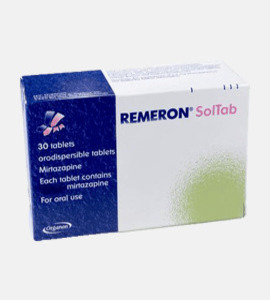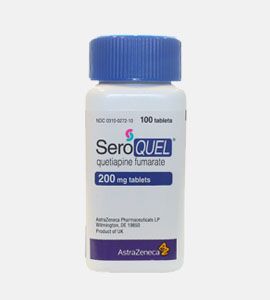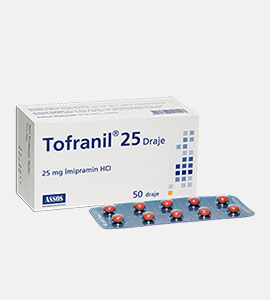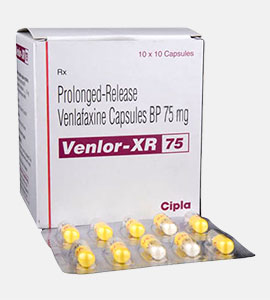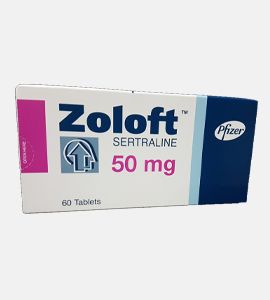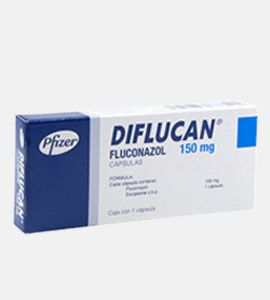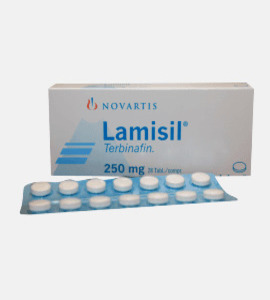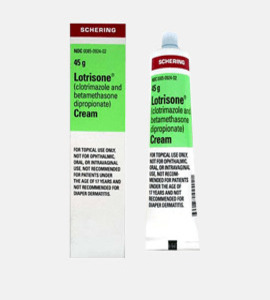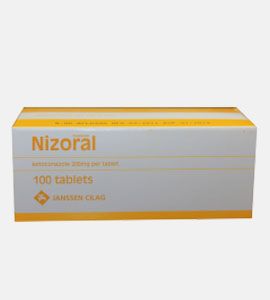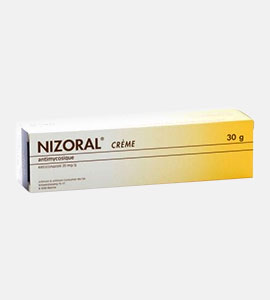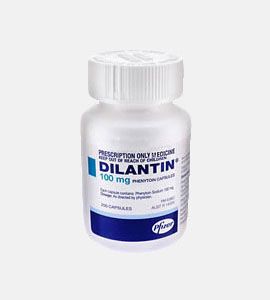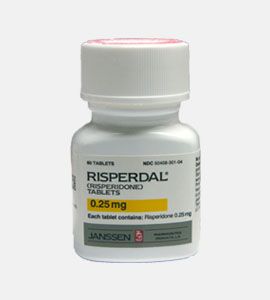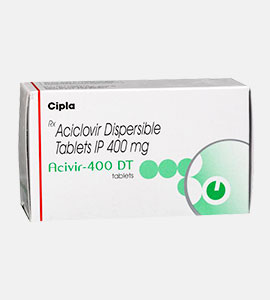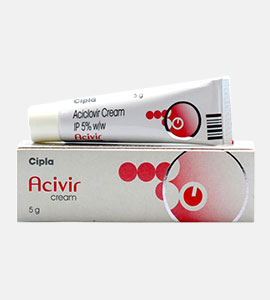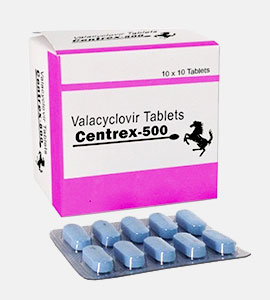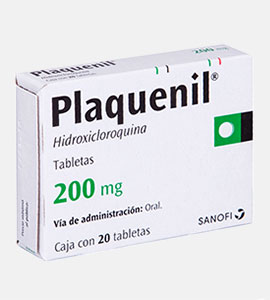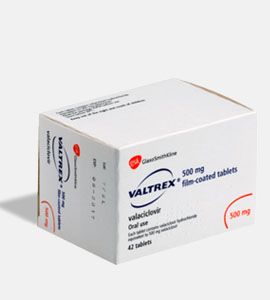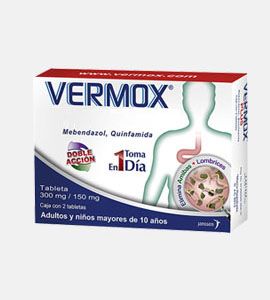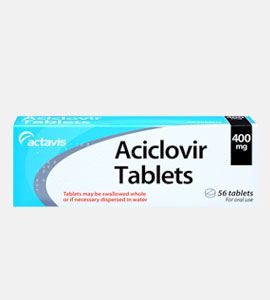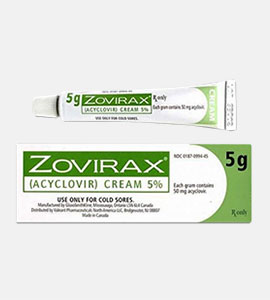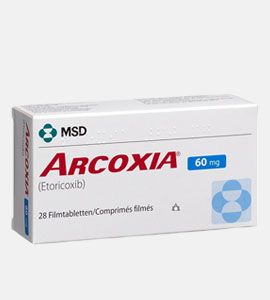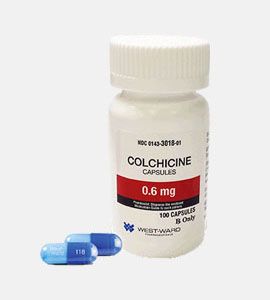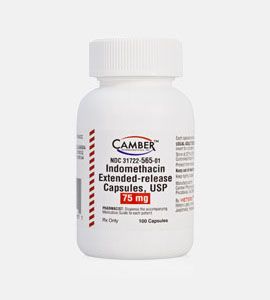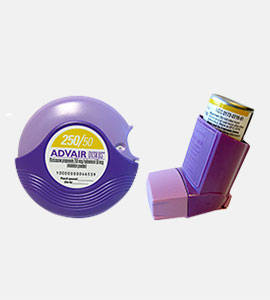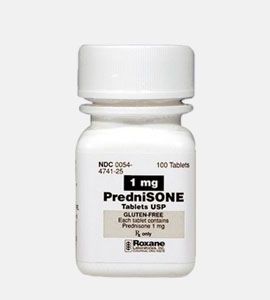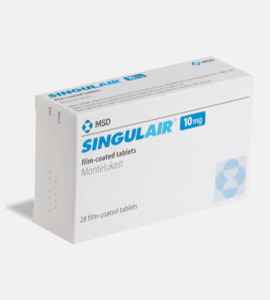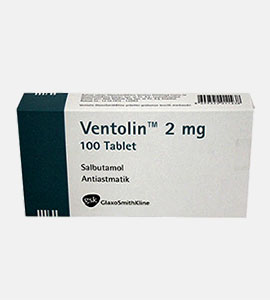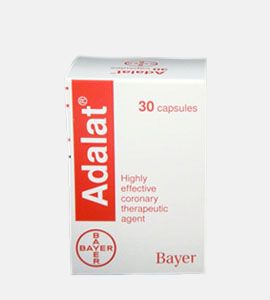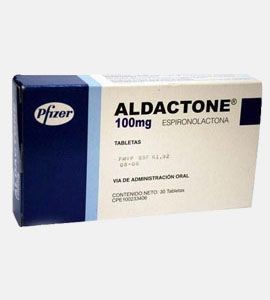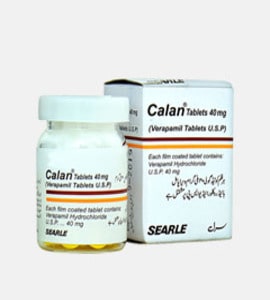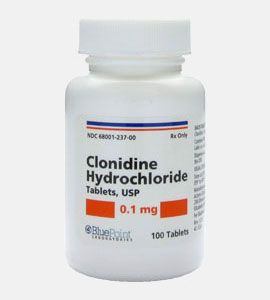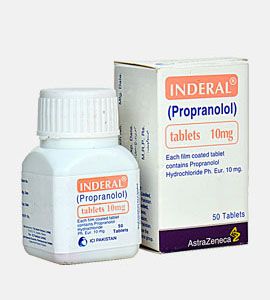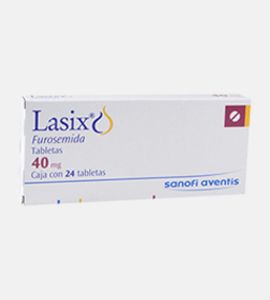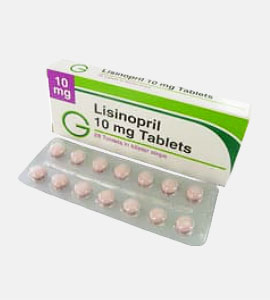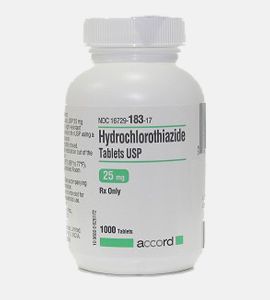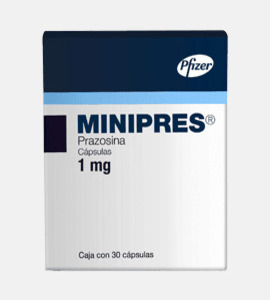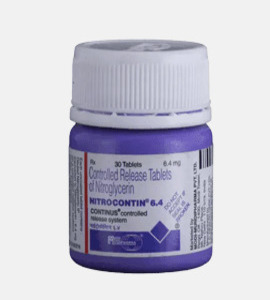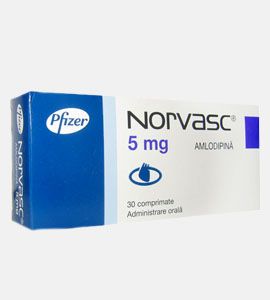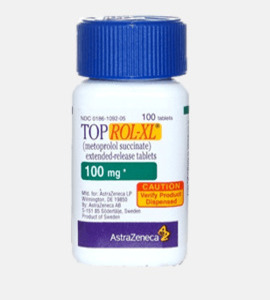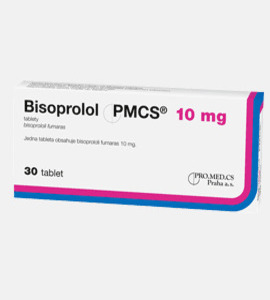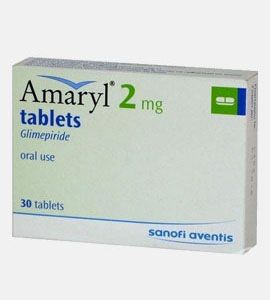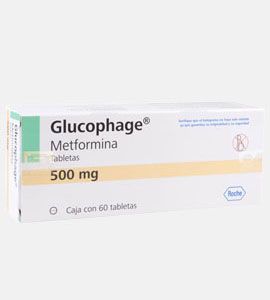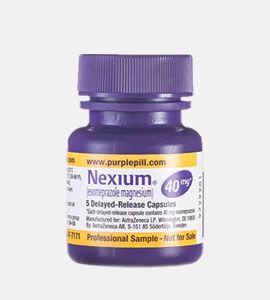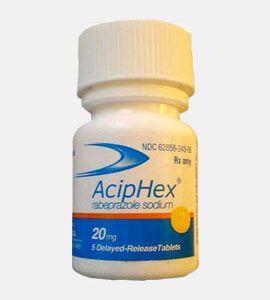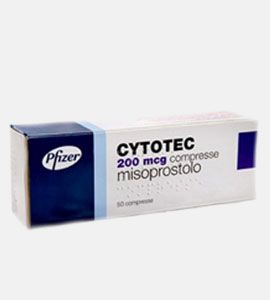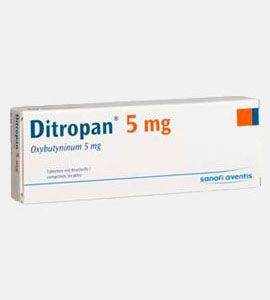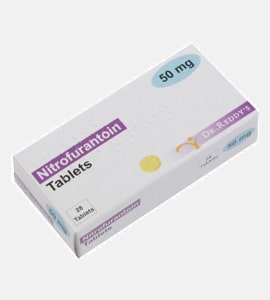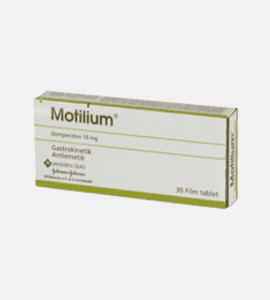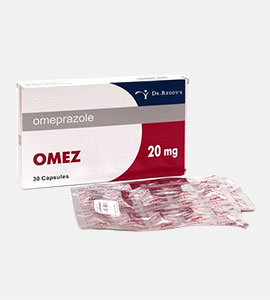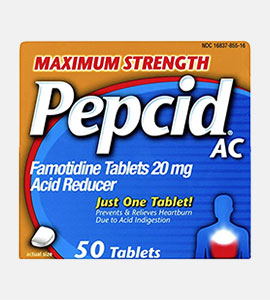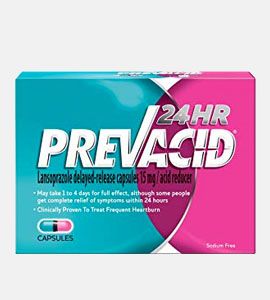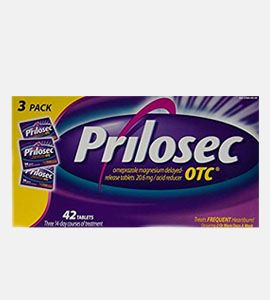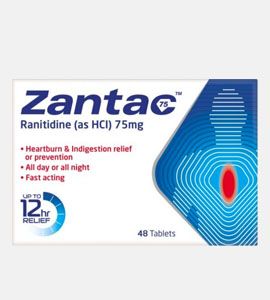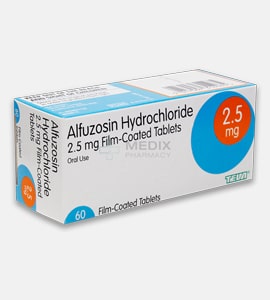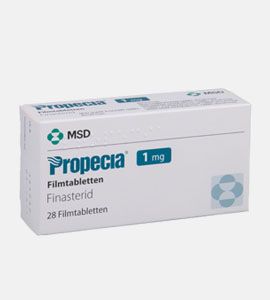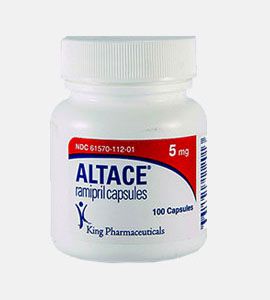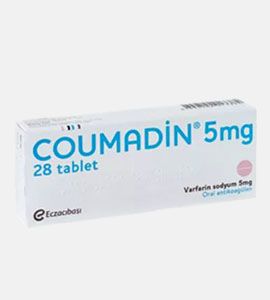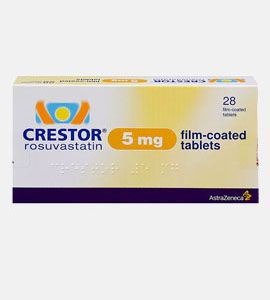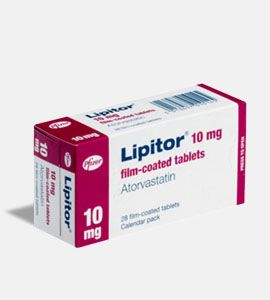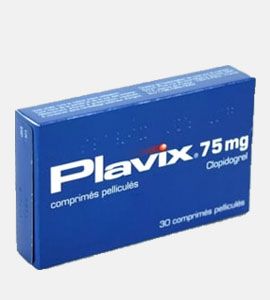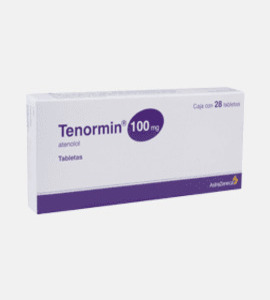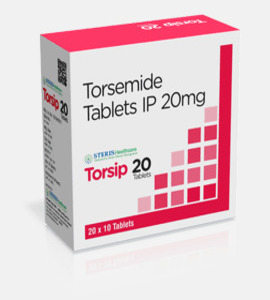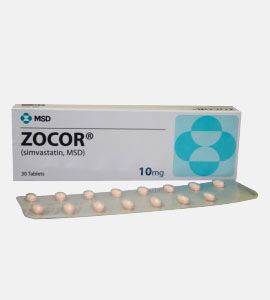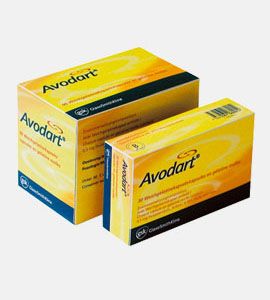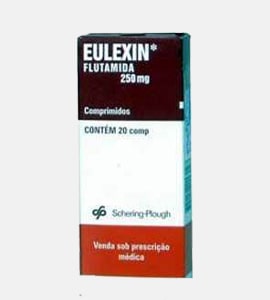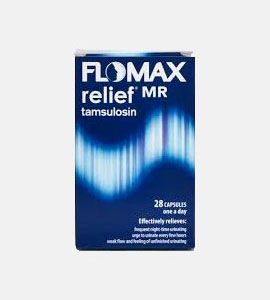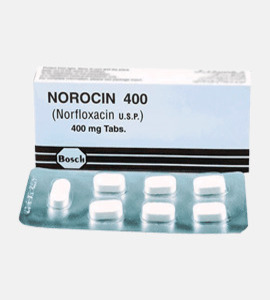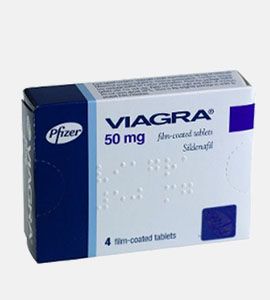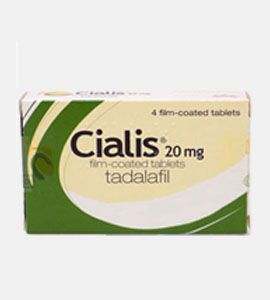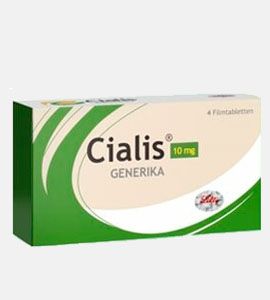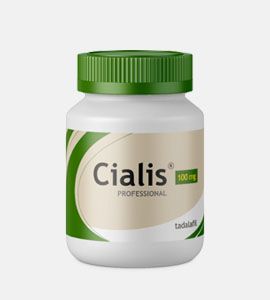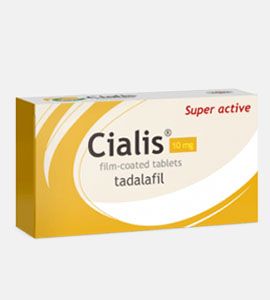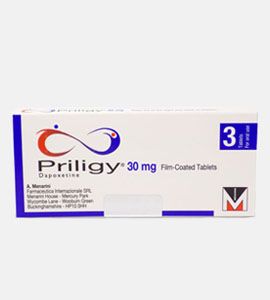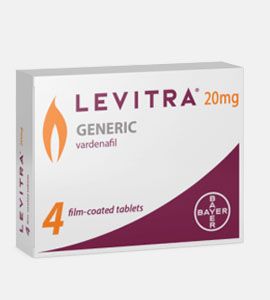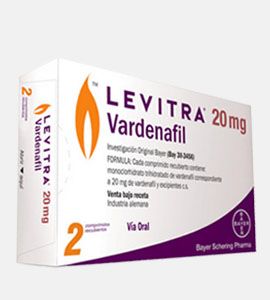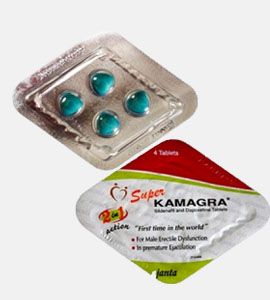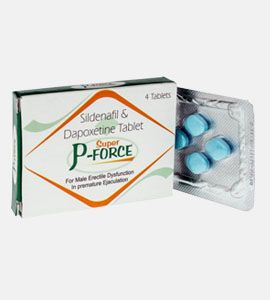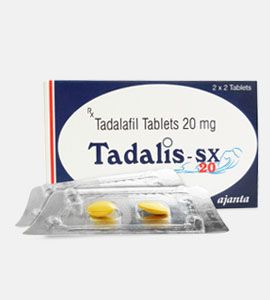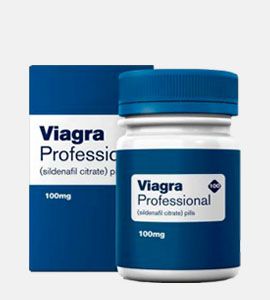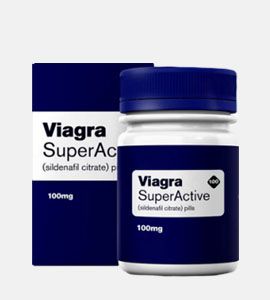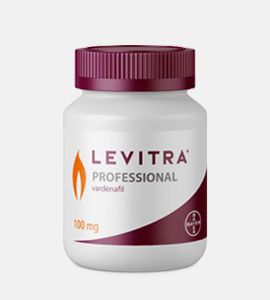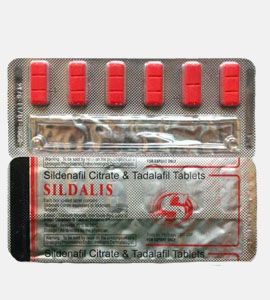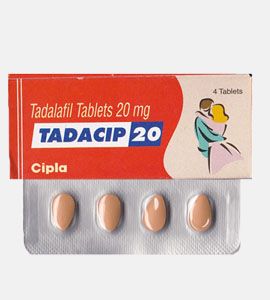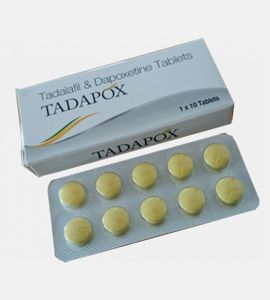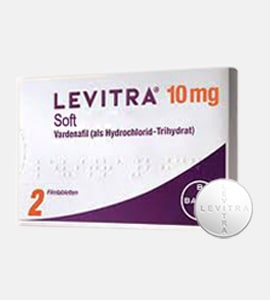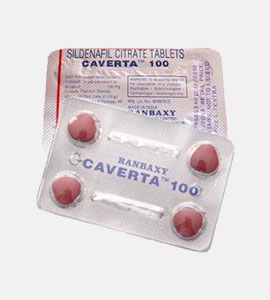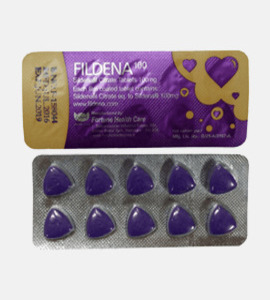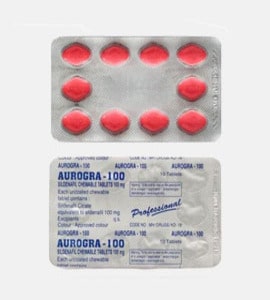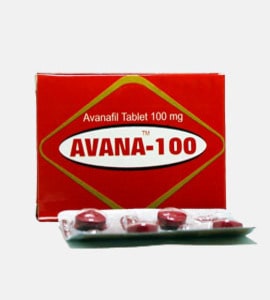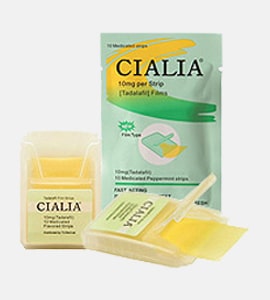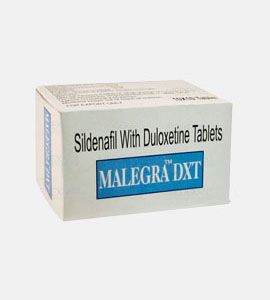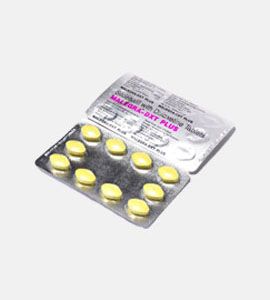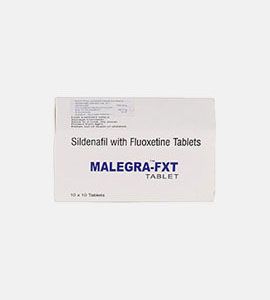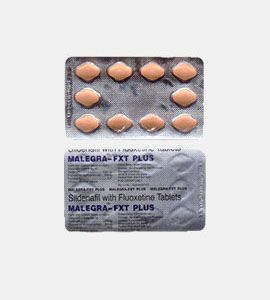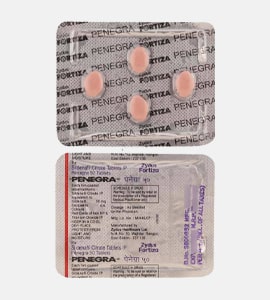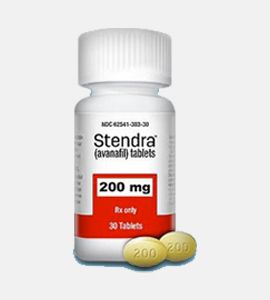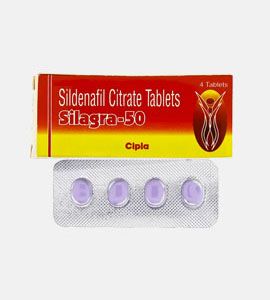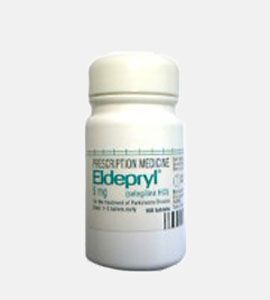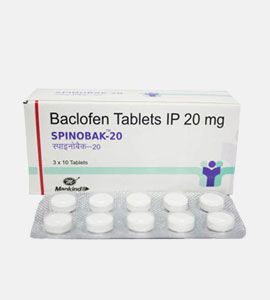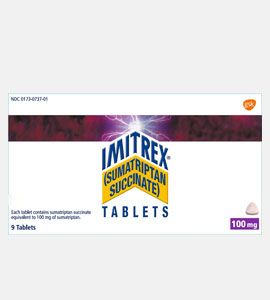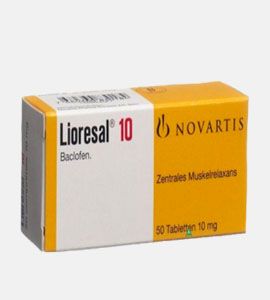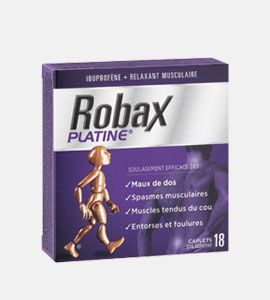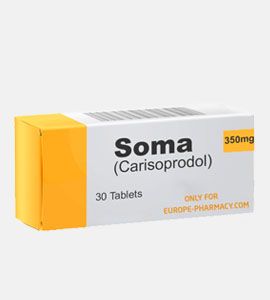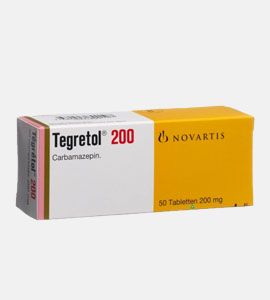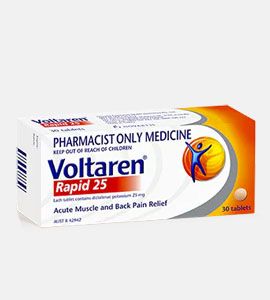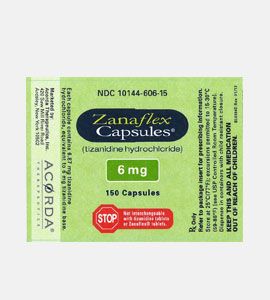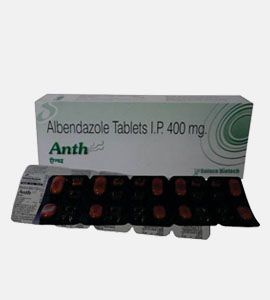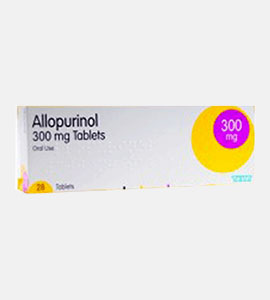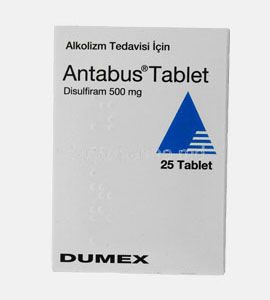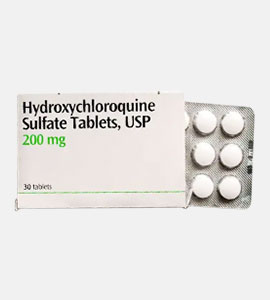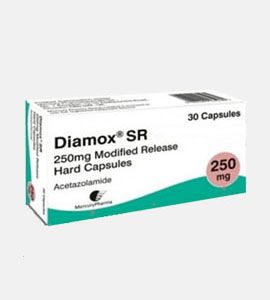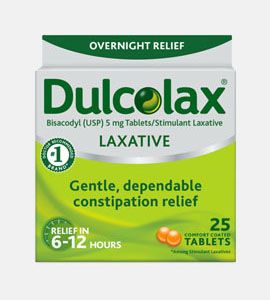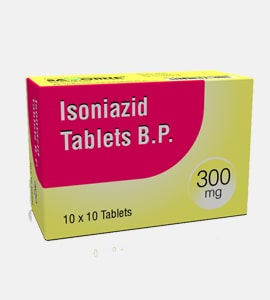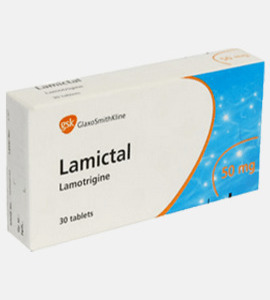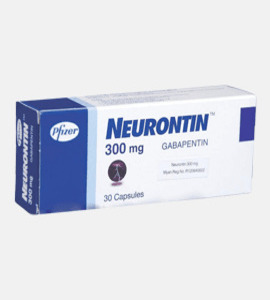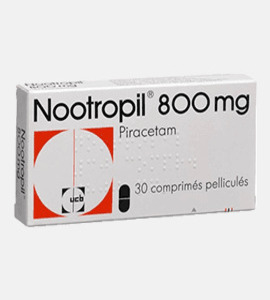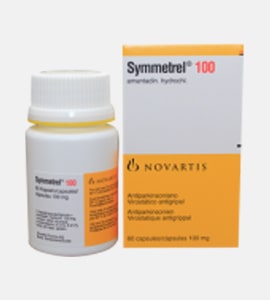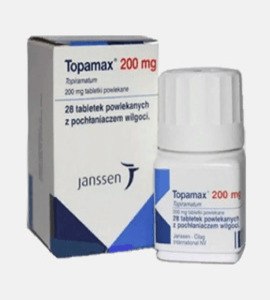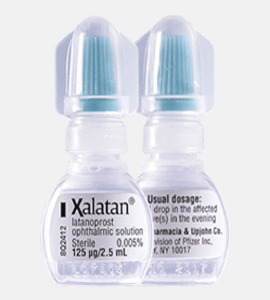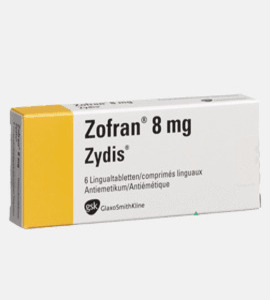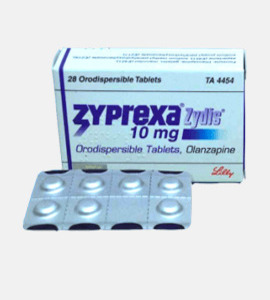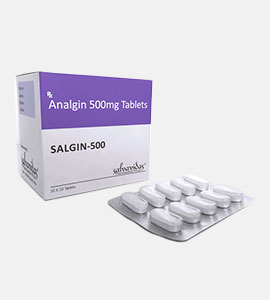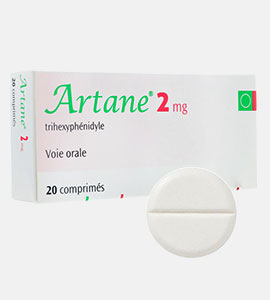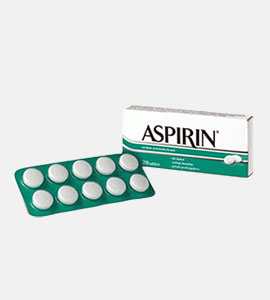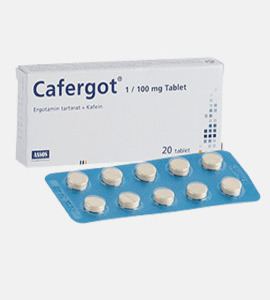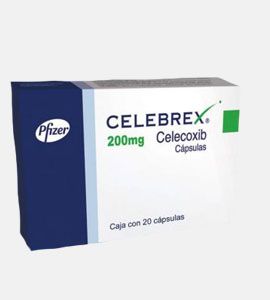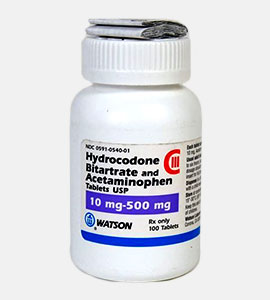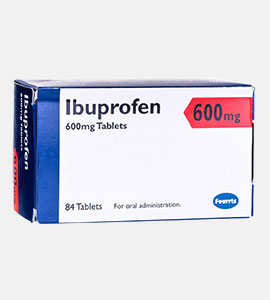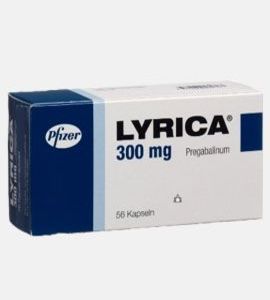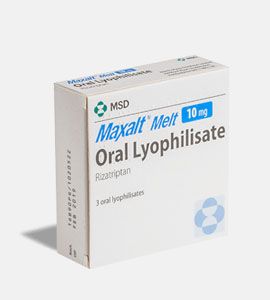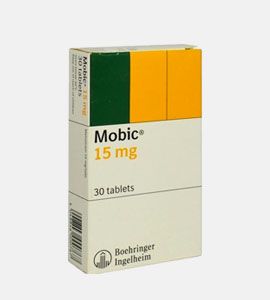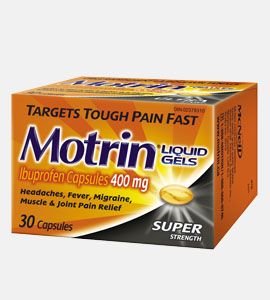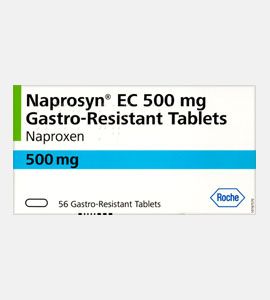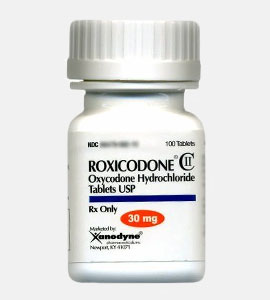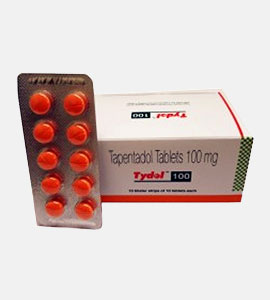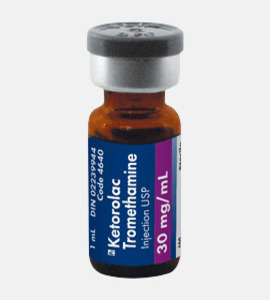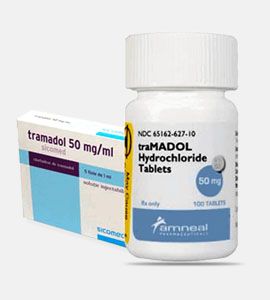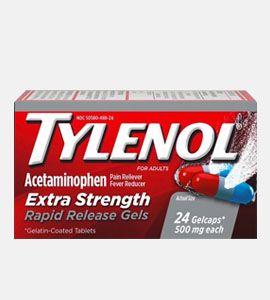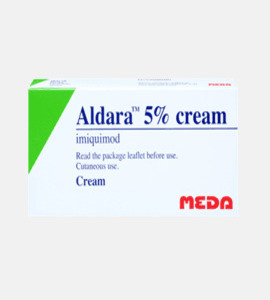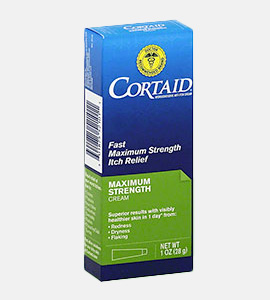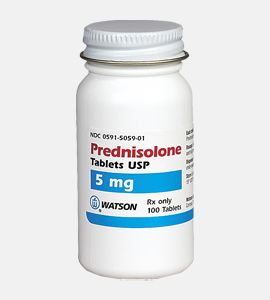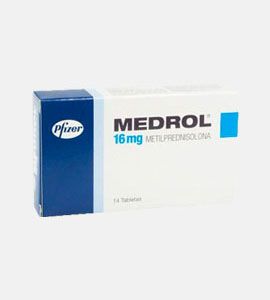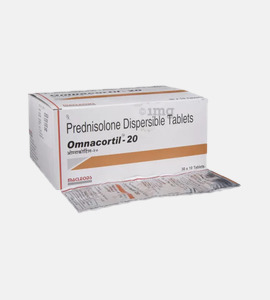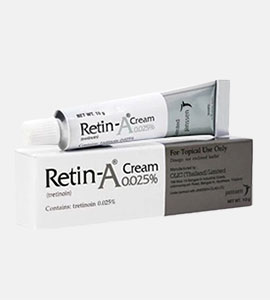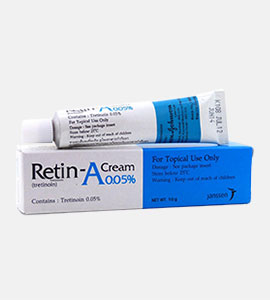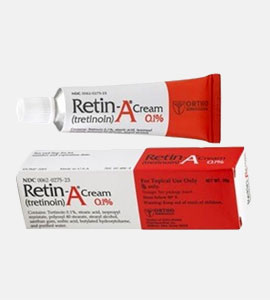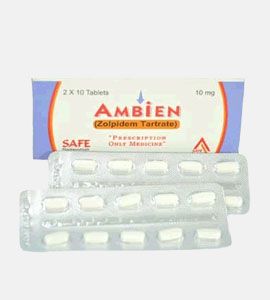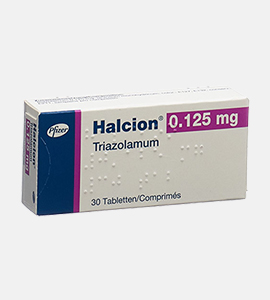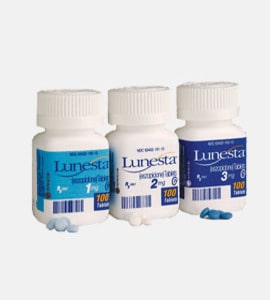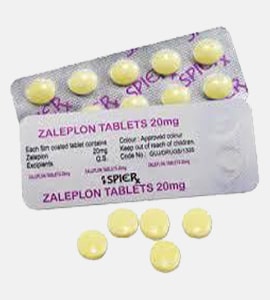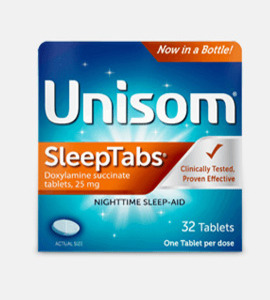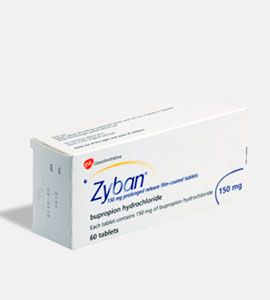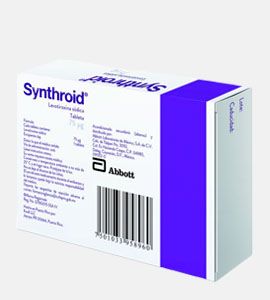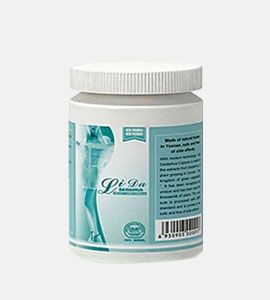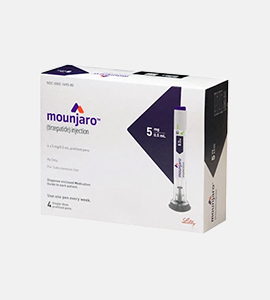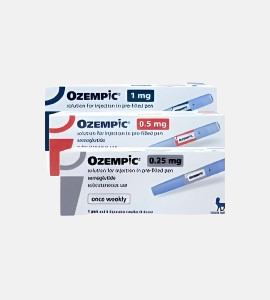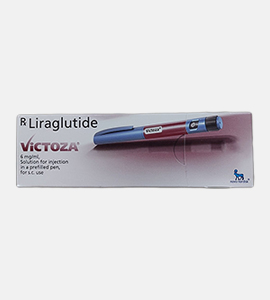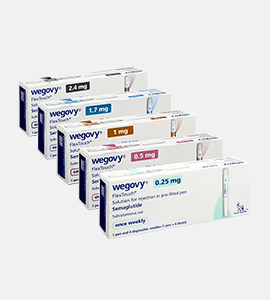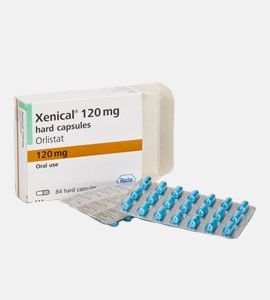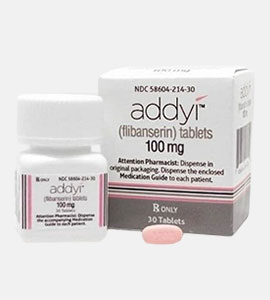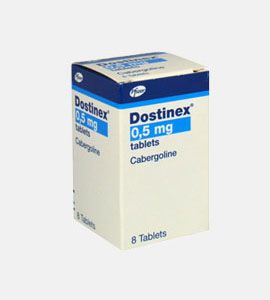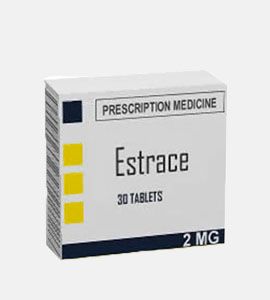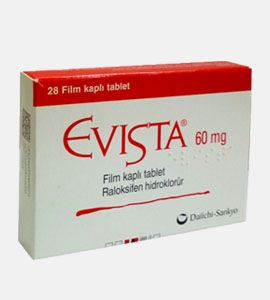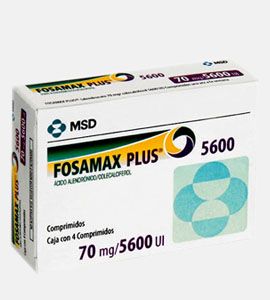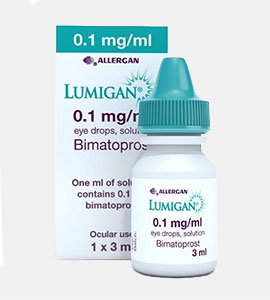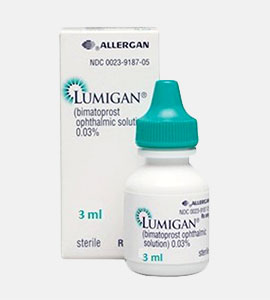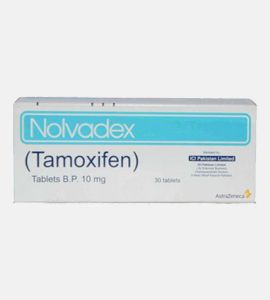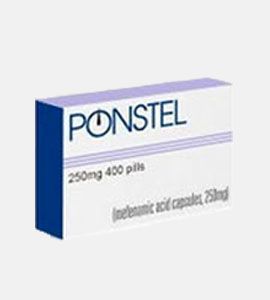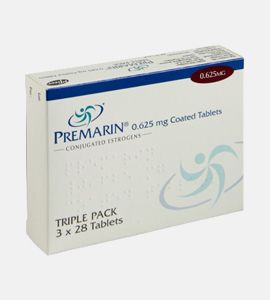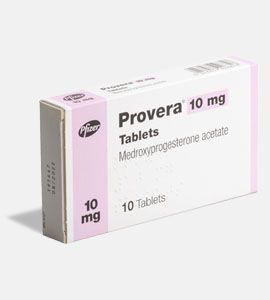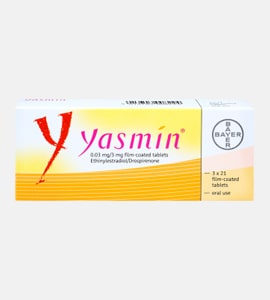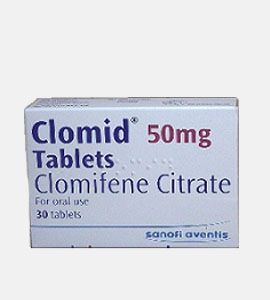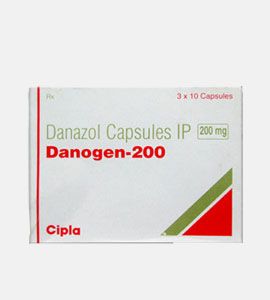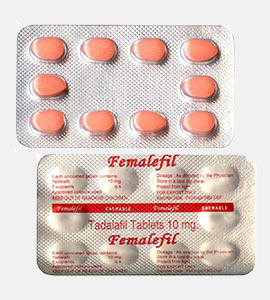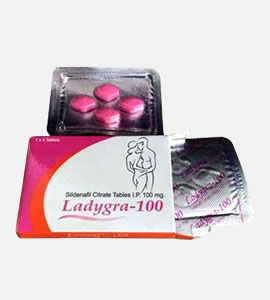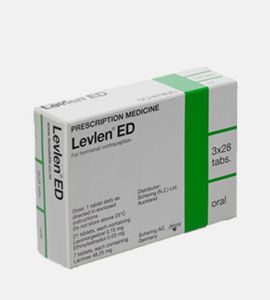Imovane (Zopiclone)
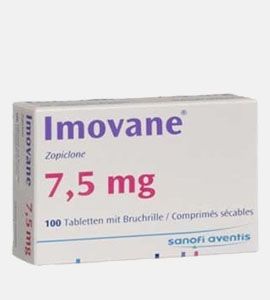
* For illustration purpose only
Imovane (Zopiclone)
Short description
Imovane (Zopiclone) 10mg (UK) 30 pills 30 pills
182.00 €
Imovane (Zopiclone) 10mg (UK) 60 pills 60 pills
231.00 €
Imovane (Zopiclone) 10mg (UK) 90 pills 90 pills
280.00 €
Imovane (Zopiclone) 10mg (UK) 120 pills 120 pills
329.00 €
Imovane (Zopiclone) 10mg (UK) 180 pills 180 pills
427.00 €
Imovane (Zopiclone) 10mg (UK) 240 pills 240 pills
524.00 €
Imovane (Zopiclone) 10mg (UK) 270 pills 270 pills
573.00 €
Imovane (Zopiclone) 10mg (UK) 360 pills 360 pills
720.00 €
Imovane (Zopiclone) 7.5mg (UK) 30 pills 30 pills
174.00 €
Imovane (Zopiclone) 7.5mg (UK) 60 pills 60 pills
215.00 €
Imovane (Zopiclone) 7.5mg (UK) 90 pills 90 pills
256.00 €
Imovane (Zopiclone) 7.5mg (UK) 120 pills 120 pills
297.00 €
Imovane (Zopiclone) 7.5mg (UK) 180 pills 180 pills
379.00 €
Imovane (Zopiclone) 7.5mg (UK) 240 pills 240 pills
461.00 €
Imovane (Zopiclone) 7.5mg (UK) 270 pills 270 pills
502.00 €
Imovane (Zopiclone) 7.5mg (UK) 360 pills 360 pills
624.00 €
Imovane (Zopiclone) 10mg (EU) 30 pills 30 pills
157.00 €
Imovane (Zopiclone) 10mg (EU) 60 pills 60 pills
207.00 €
Imovane (Zopiclone) 10mg (EU) 90 pills 90 pills
257.00 €
Imovane (Zopiclone) 10mg (EU) 120 pills 120 pills
307.00 €
Imovane (Zopiclone) 10mg (EU) 180 pills 180 pills
407.00 €
Imovane (Zopiclone) 10mg (EU) 240 pills 240 pills
507.00 €
Imovane (Zopiclone) 10mg (EU) 270 pills 270 pills
557.00 €
Imovane (Zopiclone) 10mg (EU) 360 pills 360 pills
707.00 €
Imovane (Zopiclone) 7.5mg (EU) 30 pills 30 pills
164.00 €
Popular Imovane (Zopiclone) 7.5mg (EU) 60 pills 60 pills
209.00 €
Imovane (Zopiclone) 7.5mg (EU) 90 pills 90 pills
254.00 €
Imovane (Zopiclone) 7.5mg (EU) 120 pills 120 pills
300.00 €
Imovane (Zopiclone) 7.5mg (EU) 180 pills 180 pills
391.00 €
Imovane (Zopiclone) 7.5mg (EU) 240 pills 240 pills
482.00 €
Imovane (Zopiclone) 7.5mg (EU) 270 pills 270 pills
527.00 €
Imovane (Zopiclone) 7.5mg (EU) 360 pills 360 pills
664.00 €
Imovane (Zopiclone) 20mg 30 pills 30 pills
168.00 €
Imovane (Zopiclone) 20mg 60 pills 60 pills
195.00 €
Imovane (Zopiclone) 20mg 90 pills 90 pills
223.00 €
Imovane (Zopiclone) 20mg 120 pills 120 pills
250.00 €
Imovane (Zopiclone) 20mg 180 pills 180 pills
305.00 €
Imovane (Zopiclone) 20mg 240 pills 240 pills
499.00 €
Imovane (Zopiclone) 20mg 270 pills 270 pills
527.00 €
Imovane (Zopiclone) 20mg 360 pills 360 pills
609.00 €
Imovane (Zopiclone) 10mg 30 pills 30 pills
120.00 €
Popular Imovane (Zopiclone) 10mg 60 pills 60 pills
126.00 €
Imovane (Zopiclone) 10mg 90 pills 90 pills
131.00 €
Imovane (Zopiclone) 10mg 120 pills 120 pills
137.00 €
Imovane (Zopiclone) 10mg 180 pills 180 pills
148.00 €
Imovane (Zopiclone) 10mg 240 pills 240 pills
273.00 €
Imovane (Zopiclone) 10mg 270 pills 270 pills
279.00 €
Imovane (Zopiclone) 10mg 360 pills 360 pills
296.00 €
Imovane (Zopiclone) 7.5mg 30 pills 30 pills
122.00 €
Imovane (Zopiclone) 7.5mg 60 pills 60 pills
130.00 €
Imovane (Zopiclone) 7.5mg 90 pills 90 pills
138.00 €
Imovane (Zopiclone) 7.5mg 120 pills 120 pills
146.00 €
Imovane (Zopiclone) 7.5mg 180 pills 180 pills
162.00 €
Imovane (Zopiclone) 7.5mg 240 pills 240 pills
292.00 €
Imovane (Zopiclone) 7.5mg 270 pills 270 pills
300.00 €
Imovane (Zopiclone) 7.5mg 360 pills 360 pills
323.00 €

added to cart
-
Shippingavrg. 5-9 daysGuaranteed delivery time 16 daysGuaranteed delivery time 16 daysDosages mentioned (EU), are shipped inside Europe and guarantee faster time in delivery.
-
Payment






-
Upgrade and save. Add worth of items to cart and get free shipping
200 €




Imovane (Zopiclone)
Regarding Shipping: Products with dosages mentioned (EU), are shipped inside Europe and garantuee faster time in delivery.
Action: How Imovane Works
Imovane contains the active ingredient zopiclone. Zopiclone, a cyclopyrrolone derivative, is a short-acting hypnotic agent. Zopiclone belongs to a novel chemical class which is structurally unrelated to existing hypnotics. The pharmacological profile of zopiclone is similar to that of the benzodiazepines.
In sleep laboratory studies of 1 to 21 days in duration, zopiclone reduced sleep latency, increased the duration of sleep, and decreased the number of nocturnal awakenings. Zopiclone delayed the onset of REM sleep but did not consistently reduce the total duration of REM periods. The duration of stage 1 sleep was shortened, and the time spent in stage 2 sleep increased. In most studies, stage 3 and 4 sleep tended to be increased, but no change or actual decreases have also been observed. The effect of zopiclone on stage 3 and 4 sleep differs from that of the benzodiazepines, which suppress slow-wave sleep. The clinical significance of this finding is not known.
Each tablet contains 7.5 mg of zopiclone as the active ingredient. It also contains the inactive ingredients: calcium hydrogen phosphate dihydrate, wheat starch (gluten), sodium starch glycollate, lactose monohydrate, magnesium stearate, hypromellose, titanium dioxide, and macrogol 6000.
Do Not Take Imovane If You Have:
- Been drinking alcohol or believe that you may have alcohol in your bloodstream
- Sleep apnoea (a condition where you temporarily stop breathing while you sleep)
- Myasthenia gravis (a condition in which the muscles become weak and tire easily)
- Severe liver problems
- Acute and/or severe lung problems
- Had a stroke
Do not take Imovane if you are allergic to it or any of the ingredients listed here. Some symptoms of an allergic reaction include skin rash, itching, shortness of breath, or swelling of the face, lips, or tongue, which may cause difficulty in swallowing or breathing.
Do not give Imovane to children or adolescents. There is no experience with its use in children or adolescents.
Do not take Imovane if you are pregnant or intend to become pregnant. It may affect your developing baby if you take it during pregnancy. Your doctor will discuss the risks and benefits of taking it if you are pregnant.
Do not take Imovane if you are breastfeeding or planning to breastfeed. Imovane passes into breast milk, and there is a possibility your baby may be affected. Your doctor will discuss the risks and benefits of using it if you are breastfeeding or planning to breastfeed.
Do not take Imovane after the expiry date (EXP) printed on the pack. If you take it after the expiry date has passed, it may not work as well.
Do not take Imovane if the packaging is damaged or shows signs of tampering.
Before You Start to Take It
Tell your doctor or pharmacist if you have allergies to:
- Any of the ingredients listed here
- Any other substances such as foods, dyes, or preservatives
Tell your doctor if you are pregnant or intend to become pregnant. Like most medicines of this kind, Imovane is not recommended to be used during pregnancy. Your doctor will discuss the risks and benefits of taking it if you are pregnant.
Tell your doctor if you are breastfeeding or planning to breastfeed. Your doctor will discuss the risks of taking it if you are breastfeeding or planning to breastfeed.
Tell your doctor if you have any problems with your breathing or if you often snore while you are asleep.
Tell your doctor if you have ever been addicted to alcohol or any drug or medicine, or if you have ever suffered from a mental illness. If you have, you may be at risk of developing a regular pattern or habit of taking Imovane.
Tell your doctor or pharmacist if you have or have had any medical conditions, especially the following:
- Thyroid problems
- Depression, psychosis, or schizophrenia
- Epilepsy
- Addiction to drugs or medicines
Tell your doctor if you plan to have surgery.
If you have not told your doctor or pharmacist about any of the above, tell them before you take Imovane.
Testimonials
Pablo Berrei
bon sommeil
j'ai un sommeil parfait et rapide maintenant. fonctionne très très bien. confidentialité totale
-
Effectiveness
-
Ease of use/handling
-
Price-performance ratio
Iren Berett
je dors maintenant
je dors comme un morceau de bois maintenant. rien ne me dérange. j'ai eu ce cauchemar pendant 2 ans et la solution était si facile ! merci !
-
Effectiveness
-
Ease of use/handling
-
Price-performance ratio



